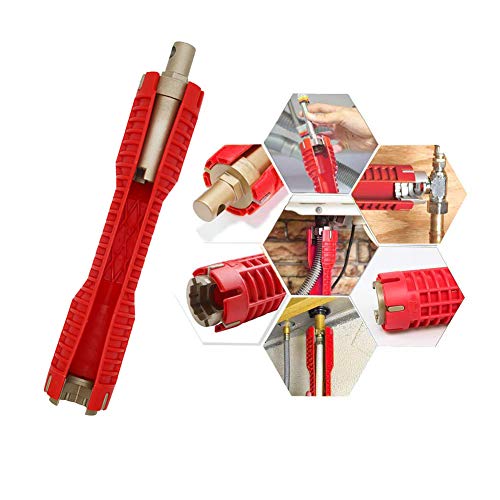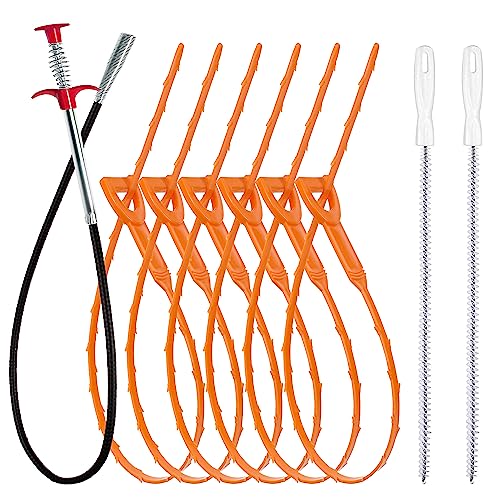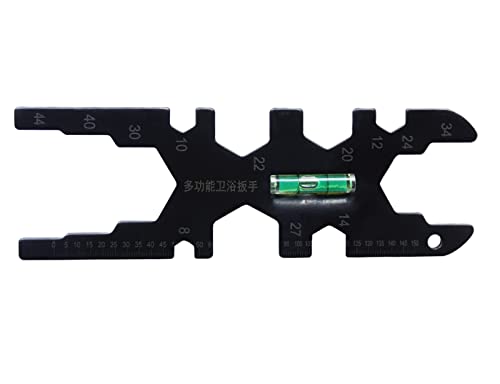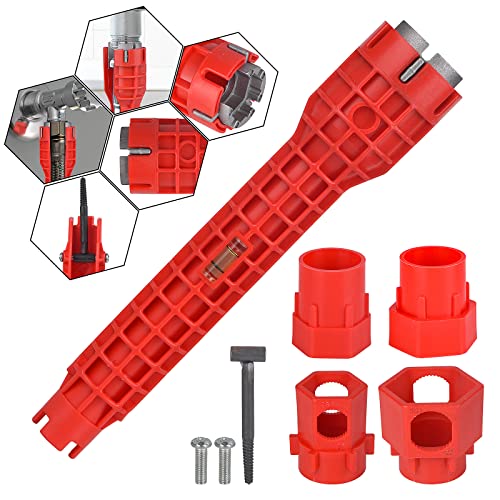HouseWifeBeth
New Member
Hi all, first timer here. I know nothing about plumbing, so bear with me. I really need some advise here.
We are in a 80 y.o. house with galvanized steel pipes. One of the pipe has a really slow leak. It's like a drip every 2 minutes or something like that. Plumber comes and he put a clamp on the leaky. He says if this doesn't fix it, he needs to replace the entire pipe. It's a lot of money for us.
Hubby is out of town, he calls and said why can't the plumber just cut the leaky section out and joint it back with a new section. I don't know. Didn't think of it when the plumber was here. Hubby is kinda mad that I didn't ask, in his words, a simple question. Anyway, I am going to call the plumber on Mon but I want to know more so that I'll know if they give me some B.S. (not saying they are or will), don't want hubby get mad again.
So, why does he want to replace the whole pipe when there is just a tiny leak? Gosh, to do that he has to open up a large area of the ceiling and spends a whole day there, costing us an arm and a leg. Is there any legitimate reason why he can't just replace the section that has the leak? I suppose doing that will cost much less, right?
We are in a 80 y.o. house with galvanized steel pipes. One of the pipe has a really slow leak. It's like a drip every 2 minutes or something like that. Plumber comes and he put a clamp on the leaky. He says if this doesn't fix it, he needs to replace the entire pipe. It's a lot of money for us.
Hubby is out of town, he calls and said why can't the plumber just cut the leaky section out and joint it back with a new section. I don't know. Didn't think of it when the plumber was here. Hubby is kinda mad that I didn't ask, in his words, a simple question. Anyway, I am going to call the plumber on Mon but I want to know more so that I'll know if they give me some B.S. (not saying they are or will), don't want hubby get mad again.
So, why does he want to replace the whole pipe when there is just a tiny leak? Gosh, to do that he has to open up a large area of the ceiling and spends a whole day there, costing us an arm and a leg. Is there any legitimate reason why he can't just replace the section that has the leak? I suppose doing that will cost much less, right?
Last edited:






















